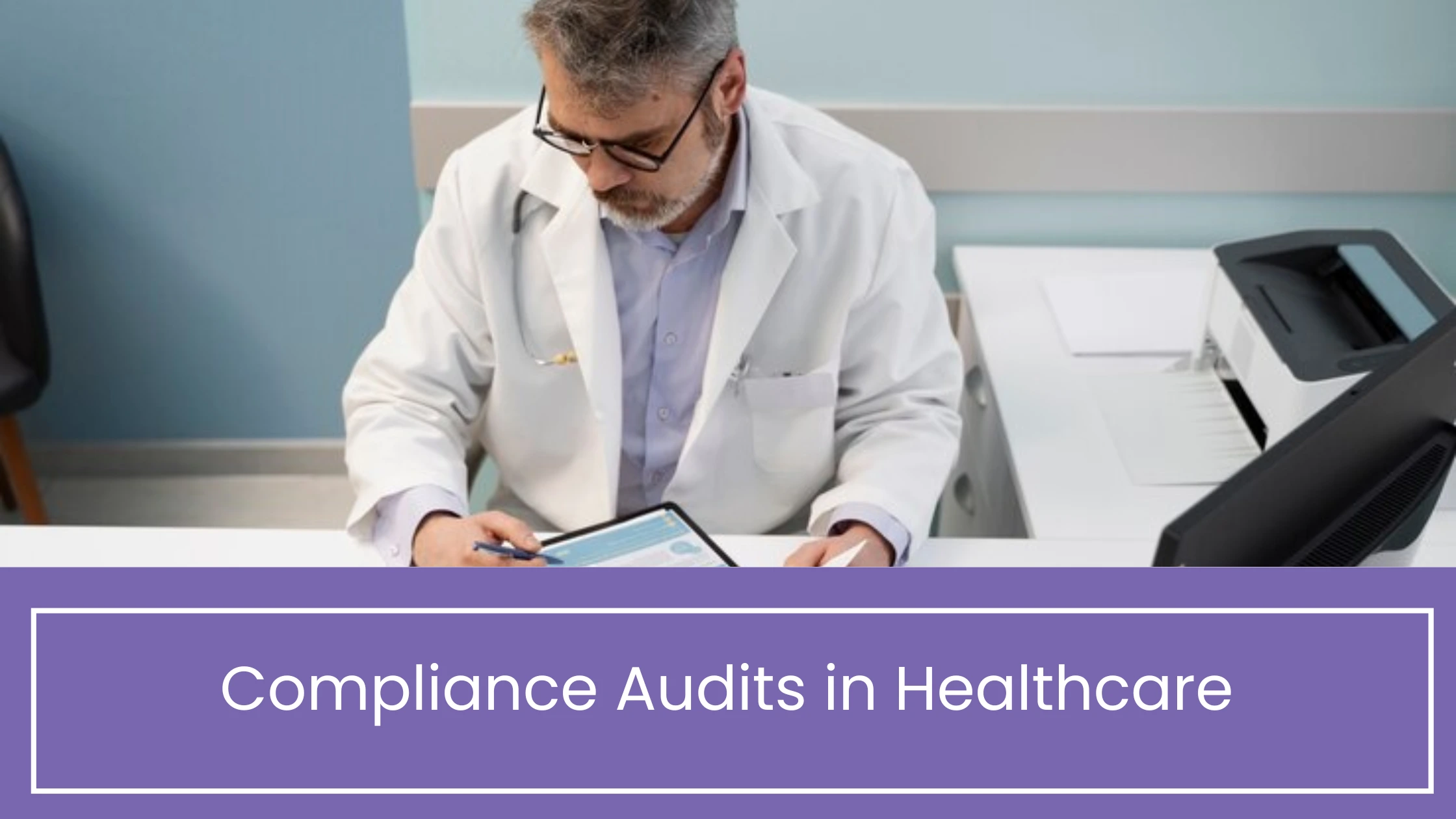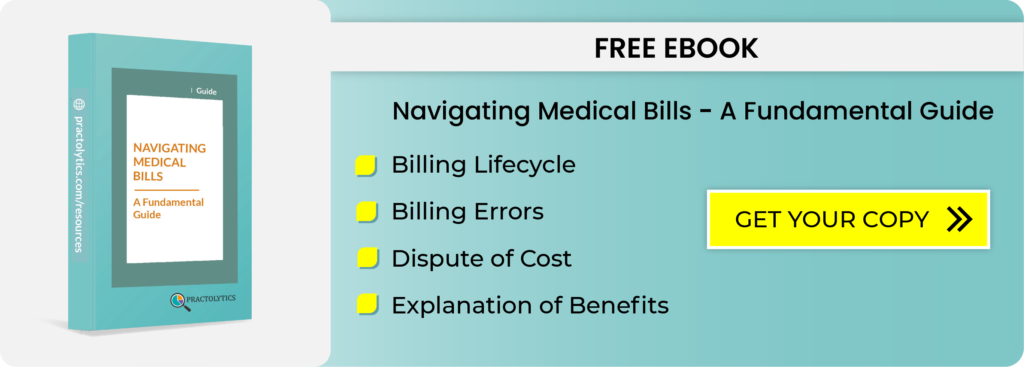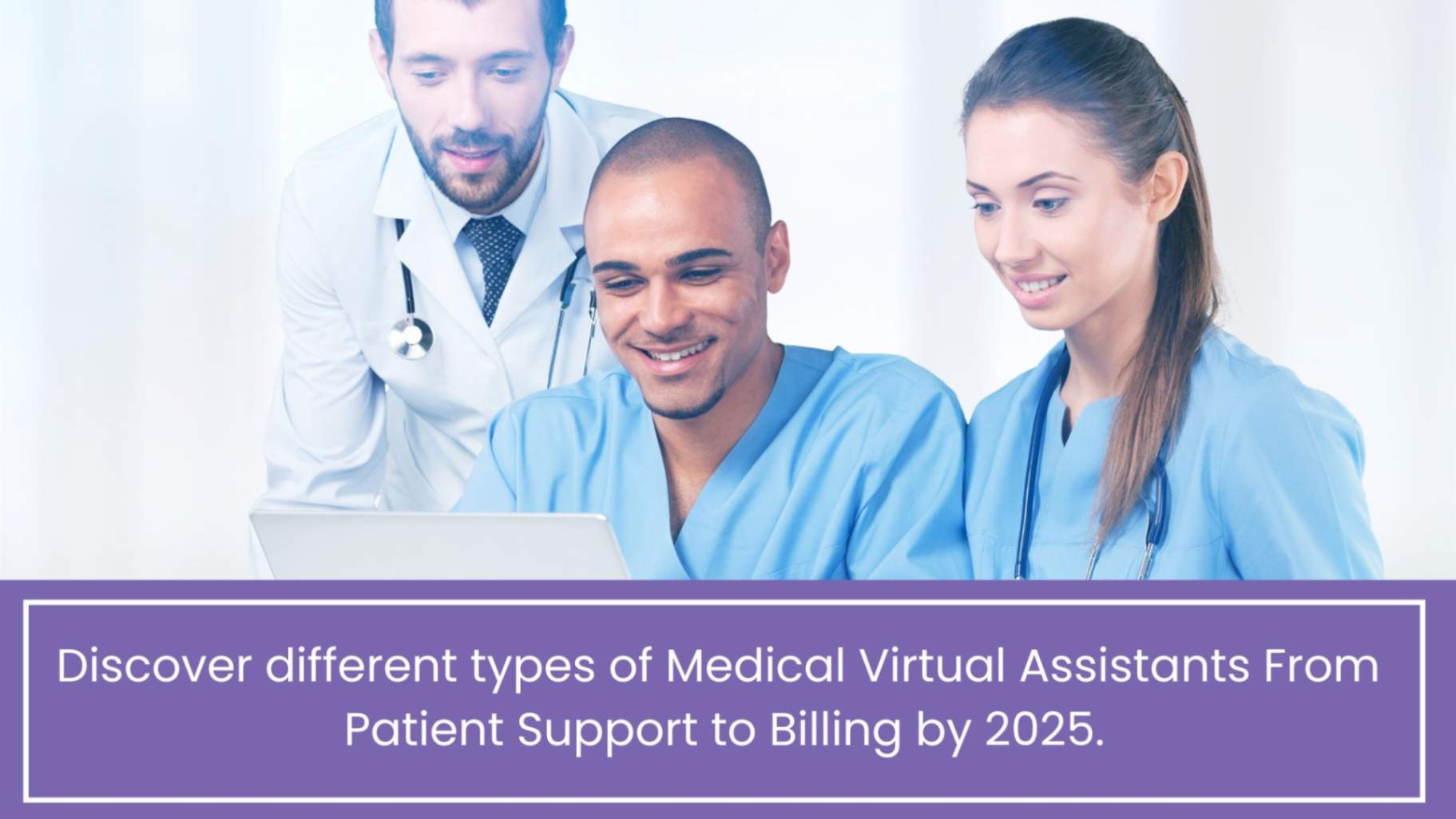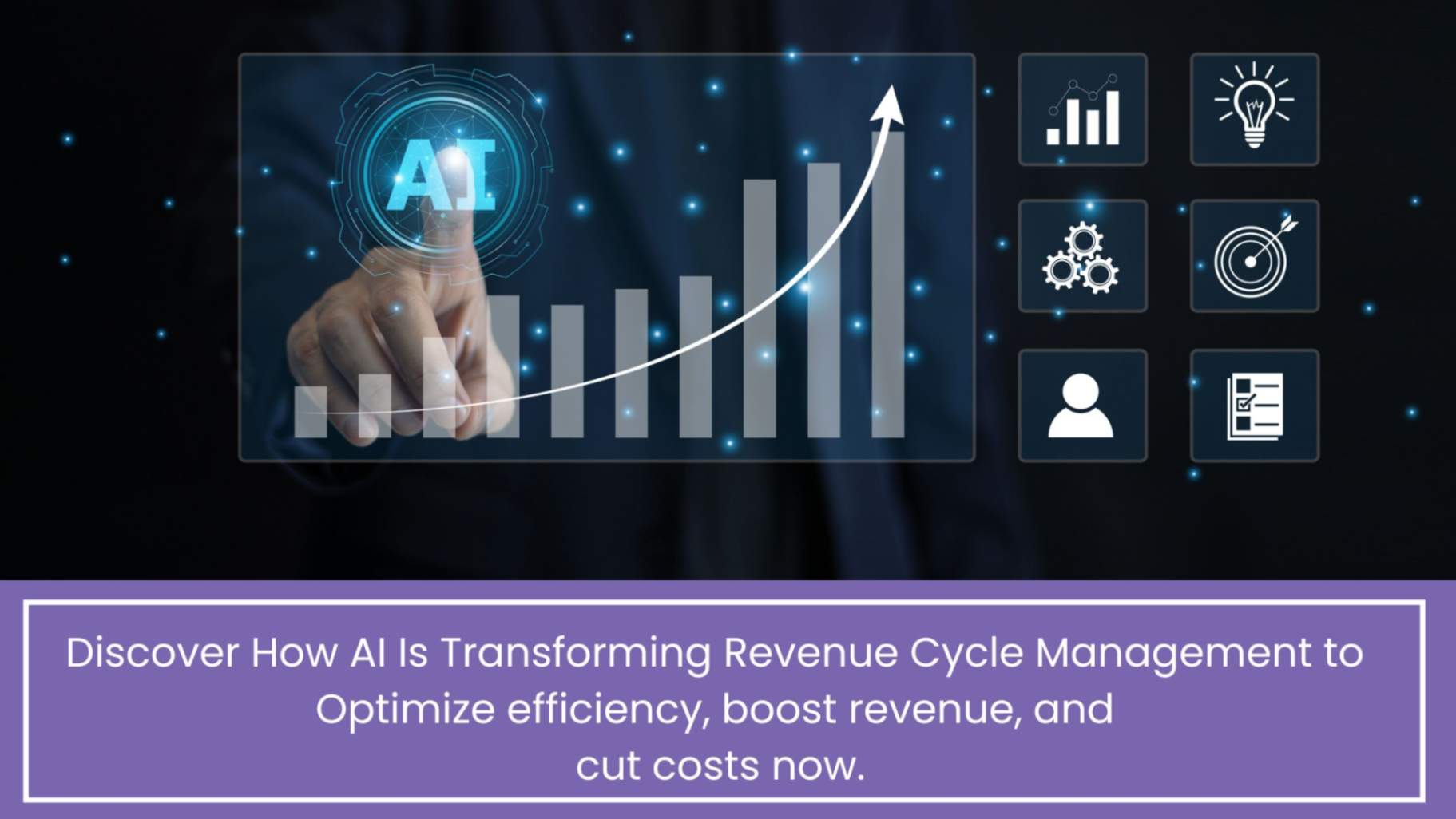Compliance Audits in Healthcare
Compliance audits is important for healthcare companies to be legitimate and legal. Non-compliance with regulation bodies might lead to huge losses. For instance, millions of dollars go into oblivion every year due to non-compliance. The rise in regulatory oversight by organizations such as CMS, HIPAA, and OIG indicates that the healthcare industry takes compliance audits seriously.
The financial risk associated with the non-compliance is quite high for healthcare organizations. For example, very costly lawsuits and penalties are in light of this fact. The intensified attention from CMS, HIPAA, and OIG towards patient safety, fraud elimination, and protection of sensitive patient information drive the increased complexity and frequency of healthcare audits.
Regulatory systems are evolving to bring healthcare firms abreast of audit needs.
“HIPAA violations in 2022 ran $19 in penalties. It’s a great example of how healthcare organizations can lose millions of dollars because of data privacy breaches.”
Audits protect patient information and correct billing procedures while defending the healthcare provider from loss in court and financially. Audits have the efficiency of wiping out risks of data breaches, fraud, and other operational mistakes.
Table of Contents
Types of Healthcare Audits and What They Cover
There are three big kinds of healthcare audits: CMS, HIPAA, and OIG. Each of these kinds of audits addresses different elements of compliance.
1. Centers for Medicare & Medicaid Services:
CMS is focused on proper billing of health care providers by services that have been rendered using the right coding protocols and avoiding Medicare fraud. The audits also enforce compliance with the reimbursement policies.
“CMS fraud prevention attempt 2021 regained $5.6 billion. The trend shows the enhanced scrutiny on billing practices to combat abuse and fraud against the Medicare and Medicaid programs.”
2.Health Insurance Portability and Accountability Act:
HIPAA audits ensure that a healthcare firm may provide comprehensive security to the patient’s data, prevent Electronic Health Records from being leaked, and restrain any data breach. HIPAA analyzes compliance regarding their privacy and security protocols, especially in managing patient information and digital records.
“HIPAA audits demand a revolution in compliance practices. So, it is high time that organizations bring stringent standards on data encryption, breach response protocols, and access controls.”
3.Inspector General’s Office:
OIG audits oversee the scope of fraud, abuse, and waste in any government healthcare program. They emphasize proper utilization of federal funds regarding fraudulent billing. The OIG also conducts audit investigations that will result in penalties or sanctions against non-compliant practitioners.
“The wake-up call is that fines imposed by the OIG in 2021 ran over three billion dollars. This is a direct impact of OIG’s elaborate audit initiatives focusing more on accountability and integrity in government scheme-fund healthcare services.”
Preparing for a CMS, HIPAA, and OIG Audit
Preparing for CMS, HIPAA, and OIG audits necessitate a strategic approach and proactive measures. Here are some pivotal measures:
1.Self-Auditing:
Perform periodic internal audits or self-audits to assess coding, billing, and privacy standards. Proactive internal audits help organizations identify disparities before the external audits. By regularly evaluating records and processes, healthcare providers can correct potential concerns and minimize the risk of expensive errors.
2.Training and Education:
Ongoing staff education and training on compliance regulations and standards is essential to ensure everyone knows current trends and best practices. Practices that prioritize continuous compliance training witness a marked enhancement in audit preparedness.
“Delivering regular compliance training can minimize violations by 30%, focusing the significance of an informed workforce in exploring intricate healthcare standards.”
3.Documentation and Record Keeping:
Maintaining clear and organized documentation of all patient interactions, billing events, and treatment procedures is pivotal to passing audits. Effective documentation minimizes audit risks and optimizes the audit process by delivering clear and accessible records for auditors to analyze.
Common Challenges in Passing Healthcare Compliance Audits
Healthcare firms encounter major issues when trying to pass compliance audits. Recognizing these concerns can help providers be better prepared to eliminate risks.
1.Billing and Coding Errors:
Common errors under billing and coding include:
- Upcoding – Billing for more costly service than rendered
- Unbundling – Billing separately for services that must be bundled
- Incorrect usage of CPT codes
“CMS audit teams are growingly emphasizing billing and coding inconsistencies, resulting in increased scrutiny in these aspects.”
2.HIPAA Violations in Dealing with Data:
The majority of the violations are the result of unauthorized access to EHR and improper approaches to cyber-security.
3.Inadequate Training of Staff Members:
Lack of awareness and understanding of compliance requirements among staff- To be non-compliant may be through this, which in real life form can ultimately cause vulnerability for penalties and fines.
Best Practices to Pass a Healthcare Compliance Audit
To increase the chances of passing healthcare compliance audits practices must employ best practices focused on maintaining high compliance standards including:
1.Stay updated on regulatory changes:
CMS, HIPAA, and OIG entities monitor developments and regulations for compliance. Continuous updates in the changing policy landscape will keep any healthcare organization current with shifting trends. This is possible through compliance management software that helps to manage constant real-time tracking and adaptation to new standards.
2.Conduct Mock Audits:
Conducting mock audits enables healthcare organizations to simulate the process and find potential weaknesses before the audit. An increasing number of organizations engage external audit experts for unbiased analysis, delivering fresh points of view on compliance practices and recognizing improvement areas.
3. Ensure data security:
Controls including encryption, access control to sensitive data, and periodic security evaluation ensure that patient information is kept confidential.
“Data breaches cost an average of $429 per record in 2022, so it is clear why disparate data security goes hand in hand with non-compliance and the importance of compliance in keeping organizational assets and patients’ information safe.”
Role of Technology in Compliance Audit Success
Technology has a revolutionary impact on the success of healthcare compliance audits through automated processes and delivering real-time insights. It improves the efficacy and accuracy of healthcare aspects, leading to an effective audit process.
The key elements of how technology enhances compliance efforts:
1.Automation and Analytics for Auditing:
Advanced technology automates crucial audit processes like coding checks, billing, and overseeing data security. Automation saves time and reduces human errors, making the audit more precise and reliable.
“Automated systems minimize the risk of audit setbacks by 25%, as they oversee discrepancies on an ongoing basis and flag possible concerns before they escalate into major issues.”
2. Real-Time Compliance Monitoring:
Real-time monitoring tools can identify compliance breaches instantly, sending alerts to designated teams to prompt corrective measures. These systems deliver healthcare practices with a proactive strategy to compliance, ensuring potential violations are addressed in advance so that there aren’t any occurrences of penalties.
Preparing for the Future of Healthcare Compliance Audits
As healthcare organizations evolve, compliance audits become more intricate yet necessary. Healthcare organizations must embrace this by investing in innovative tools, ongoing education, and proactive audit preparation.
With regulatory entities like HIPAA, CMS, and OIG scrutinizing healthcare operations, the complexity of audits will only rise. Organizations must be prepared to attain the evolving standards and secure themselves from the risk of non-compliance.
Amidst the ever-changing realm of healthcare with complex insurance and compliance structures, it is crucial for healthcare practices to partner with industry experts like Practolytics. Practolytics offers extensive end-to-end solutions that optimize billing, and coding, enhance compliance, and improve compliance standards to support practices and providers to prevent expensive penalties. Let Practolytics assist your practice through the complexities of HIPAA, OIG, and CMSS audits, guaranteeing compliance success with absolute confidence.
ALSO READ – Decoding CPT: Your Guide to Codes and Regulations 2024
Talk to Medical Billing Expert Today — Get a Free Demo Now!






